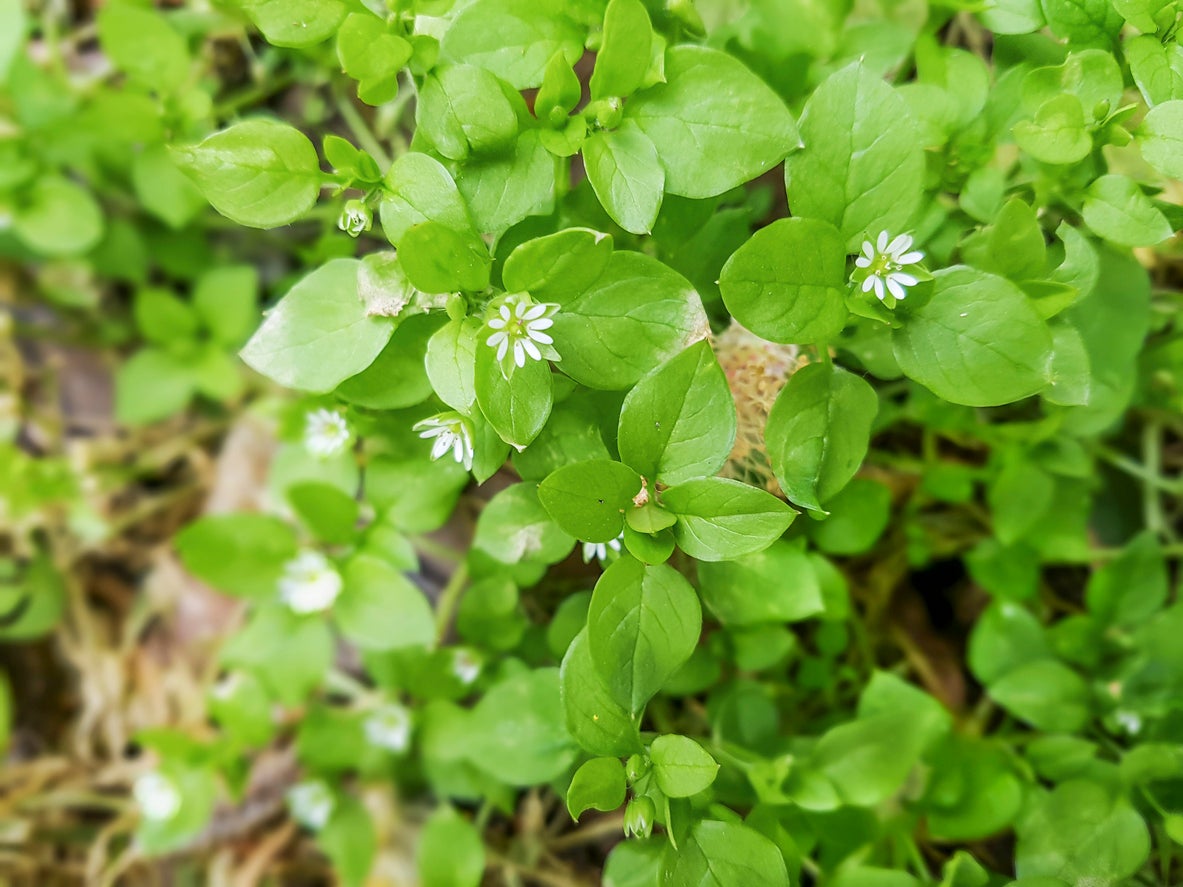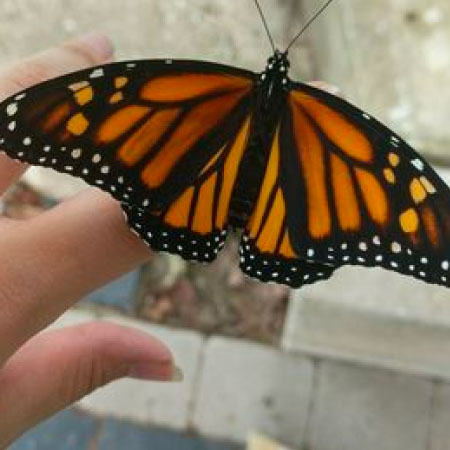Can You Eat Chickweed – Herbal Use Of Chickweed Plants
Chickweed is often viewed as a pesky weed that needs to be eliminates from the garden, but it has some redeeming qualities that may cause a gardener to think twice.


Is Chickweed Edible: Using Chickweed As Food and Herb
The presence of weeds in the garden can send many gardeners into a tizzy but, in fact, many “weeds” are not as horrible as we make them out to be – they just happen to be in the wrong place at the wrong time. On one continent a plant may be considered a nuisance weed, while on another continent, it may be cultivated for food or medicine.
Like everything, different plant appearances, scents, or flavors can go in and out of fashion. One day an herb may be the go-to remedy, the next day it may be the weed getting doused or pulled up as a pest in the garden. Chickweed is certainly one of these.
Is Chickweed Edible?
Native to Europe, chickweed was introduced to North America and other continents by immigrants who valued it as an herb.
Its flowers and leaves are, indeed, edible, though in large quantities the saponoids it contains can cause stomach upset. Chickweed flowers and leaves can be eaten raw or cooked. Fresh flowers and leaves are tossed into salads, stir fries, stews, or pesto.
Chickweed is also grown as feed for chickens and pigs, hence its common names clucken wort, chicken weed, and birdseed. Wild birds also love to eat chickweed seeds.
Though chickweed's culinary uses seem rather average, or for the birds, I have not mentioned yet what a powerhouse of nutrients chickweed contains. The edible parts of chickweed are loaded with vitamins C, D, and B-complex as well as calcium, iron, potassium, magnesium, zinc, beta carotene, biotin, and PABA.
An added benefit of chickweed – there is usually no need to go foraging for chickweed, as it has naturalized in lawns and garden beds all over the world, which is why it is so often considered and treated as a weed.
Sign up for the Gardening Know How newsletter today and receive a free copy of our e-book "How to Grow Delicious Tomatoes".
Herbal Use of Chickweed Plants
Chickweed benefits also include healing. Salves or balms made from chickweed are remedies for irritated skin, rashes, acne, bug bites or stings, burns, eczema, wounds, and warts. They can also be used to reduce swelling, bruising, and the appearance of varicose veins.
Chickweed is a common herbal remedy for hemorrhoids and shingles too. Teas or tinctures made with chickweed clear up cough and congestion, soothe upset stomachs, and cleanse the liver, bladder, and kidneys. The anti-inflammatory benefits of chickweed eases joint pain in arthritis sufferers. The same saponoids that prompts caution when using chickweed as food makes it a natural emollient and cleanser.
Chickweed can be used in a variety of homemade beauty products to soften skin and hair and draw out toxins. Before dousing that out-of-place chickweed with herbicides, you may simply want to consider replanting it in a kitchen herb garden.
DISCLAIMER: The contents of this article are for educational and gardening purposes only. Before using or ingesting ANY herb or plant for medicinal purposes or otherwise, please consult a physician, medical herbalist or other suitable professional for advice.

Darcy is a former contributor to Gardening Know How. She is a professional landscape designer and gardening writer with experience in plant sales. An avid gardener, Darcy has a passion for sharing practical tips to help others grow.